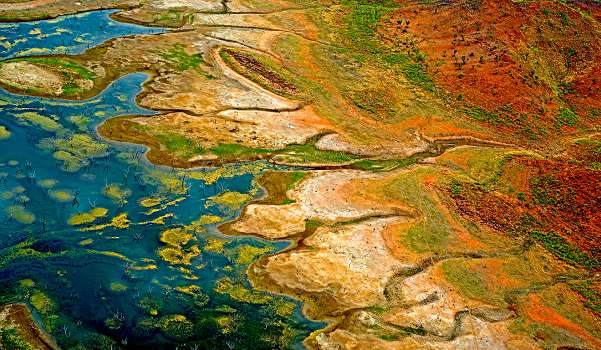The main motto of this post is to uncover the significance of hydrogeology, and its applications. Let us start by defining what hydrogeology means before getting on to other details.

Hydrogeology is the field of geology that deals with movement and distribution of underground water in the rocks and soils of earth’s surface.
As water is the most important natural resource to mankind, it is very important to know its distribution as well as movement in order to protect this resource.
Hydro-geologists make use of geological maps and water samples from beneath the ground as well as on surface to get a thorough picture of water flow under the earth’s crust. Hydrogeology is thus a budding field for engineers who find this concept enticing enough to step in futher.
Why is Hydrogeology Important?

Though many parts of the globe have abundant sources of water and adequate rainfall, there are still places where the only source is underground water.
In such places, hydrogeologists are bound to trace appropriate reserves and evaluate the quantity of water that can be hauled out without causing any damage to the sub-terranean aquifers or the ecosystems.
By knowing the movement of underground water, hydrogeologists can also predict the hazards of pollution and ways to protect these resources.
Without the know-how of hydrogeology, there is no way we can forecast the condition of the water sources. Thus, hydrogeology is a very important aspect in the protection of the most necessary natural resource.
Connection Between Hydrogeology and Engineering
The first relation of hydrogeology to other fields is with the basic sciences such as physics, chemistry and mathematics- skills in these fields are compulsory in order to understand hydrogeology. Other fields that have to be mastered by a hydrogeologist are geology, meteorology, and hydrology. However, it is difficult for one scientist to be a master of all these aspects, and so there is often a joint effort made by engineers and scientists in all these fields.
Since hydrogeology has a major role in the designs undertaken by engineers, hydrogeology and the engineering fields are also co-related. A hydrogeologist gives details of the water resources available under the ground, tables for underground water, and other aspects that the engineers need to know for designing irrigation schemes, water supplies, flood protection work, etc.
The science of hydrogeology is applicable in different engineering fields, with the most important ones being agricultural and civil engineering.
The use of hydrogeological evaluations come handy in the following fields:
Hydraulic Engineering
Drainage Engineering
Environmental Engineering
From our discussion, it can be concluded that the science of hydrogeology plays a very significant role in several engineering disciplines. It is quite evident that other professionals apart from engineers and hydrogeologists also concentrate on this field. This is an interesting as well as promising field of study, but proper guidance in the field of hydrogeology is very important for civil engineers to complete their most beneficial projects for mankind.


